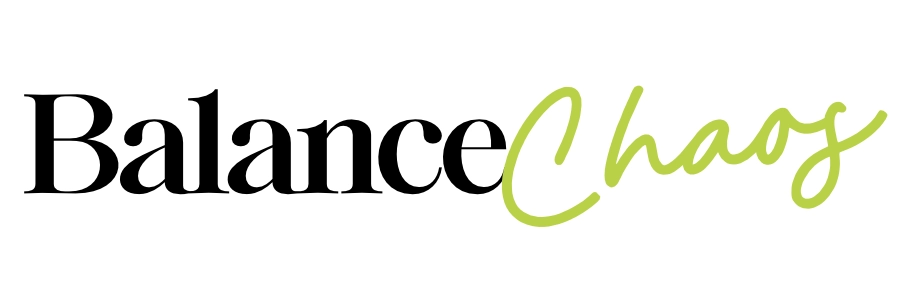Overeaters Anonymous is based on the 12-step program that originated with Alcoholics Anonymous. If you are struggling with binge eating, overeating, inability to lose weight, or yo-yo dieting… you might have asked yourself: Should I join Overeaters Anonymous?
As an Intuitive Eating and Health at Every Size dietitian nutritionist, my food & life philosophies do not align with the 12-steps taught in Overeaters Anonymous (OA). However, I want to emphasize that I absolutely support people who find OA meetings helpful or supportive.
Anti-diet, not anti-dieter
I am an anti-diet dietitian, I am not anti-dieter. This means that I support people in developing a healthy relationship with food and their bodies. I do not promote blame or shame about individual food choices, nor do I insight guilt for the desire to diet or lose weight. I support my clients in seeking the best approaches to heal themselves. In this way, I support and utilize Intuitive Eating and Health at Every Size approaches.
Why I don’t recommend Overeaters Anonymous
-
Overeaters Anonymous is the antithesis of Intuitive Eating. OA groups have a history of advocating for strict diet plans. In my practice, I have still encountered advocates for outdated and dangerous 1200 calorie diet plans from the Greysheeters program. To be clear, 1200 calories is not enough food for any adult and most children over the age of 3, and will actually CAUSE binging behaviors. Overeaters Anonymous has separated from the Greysheeters program, but still, OA programs advocate for strict meal plans and strict “abstinence” from “overeating.”
-
OA is based on the “addiction as a disease” model. Which means that it operates on the idea that food is addictive, and overeating is an addiction. You can read my previous post about why I do not like to speak about food as addictive. Overeating/binging can be habit forming, but food itself is not addictive. If we label food as addictive, then we turn to avoidance and restriction as solutions. (Hence the strict meal plans that OA advocates). In contrast, Intuitive Eating takes practice, but it give food freedom and permission to eat. This approach eliminates the restrictive mindset that often causes binging in the first place.
-
OA teachings can actually stand in the way of your Intuitive Eating journey and developing a healthy relationship with food and your body. OA teaches ignoring cravings and hunger cues and advocates for following a meal plan and controlling urges. OA operates under the idea that “once you start _____, you can’t stop.” Whereas Intuitive Eating teaches trust in yourself and your body to enjoy food with freedom and mindfulness. The Intuitive Eating philosophy says: “when you start to eat _____, you can listen to your mind and your body to tell you when you feel satisfied and have had enough.”
-
There is a lot of religious (Christian) underpinnings in Alcoholics Anonymous, Narcotics Anonymous, Overeaters Anonymous, etc. For anyone who is not religious or is not Christian, it might take a lot of overlooking or reframing in order to follow the 12 steps. Why should you adjust your spirituality or mold a flawed program to fit your needs? Intuitive Eating has no religious hurdles to tackle.
Why is OA still talked about and so well-known?
Well, the 2 main reasons I have seen that OA is still a well-known route for help with binge eating is that
- It is free and ubiquitous across the U.S.
- It offers a place for people to share their struggles with food when their shame and guilt might be so crushing that they feel like they cannot open up to anyone else.
If not OA, then what’s the solution?
Well, I’ve already mentioned it multiple times. The most effective and least restrictive food & nutrition philosophy to reduce or eliminate overeating or binge eating is Intuitive Eating!
How do I start Intuitive Eating?
- I recommend starting by listening to some podcasts.
- Try 10% Happier episode #220: The Anti-Diet with Evelyn Tribole.
- From there, you can read or listen to the Intuitive Eating book by Evelyn Tribole and Elyse Resch. There are also 2 Intuitive Eating Workbooks for adults and teens.
- You can also start by seeking support from a therapist and/or dietitian to guide you to find alternative coping mechanisms and implement the principles of Intuitive Eating.
Why isn’t Intuitive Eating the first place people turn when they find themselves mindlessly overeating or intentionally binging?
- Binging often arises from many years of dieting and restricting and overeating. It can by hard to implement Intuitive Eating by yourself, simply by reading a book or doing a workbook.
- Counseling with a therapist and/or dietitian can be expensive. These professionals can be a significant help to reduce disordered eating behaviors by walking you through Intuitive Eating step-by-step. However, this can be a major barrier to getting help if you can’t afford counseling. If you’re concerned about cost, book an initial consult with me, and ask about my sliding scale pricing!
Ready to start working on your relationship with food, body, and exercise? Book an initial consult with me! We can talk more about your struggles and how I can help.
What’s it like to work with me? Read more here.



